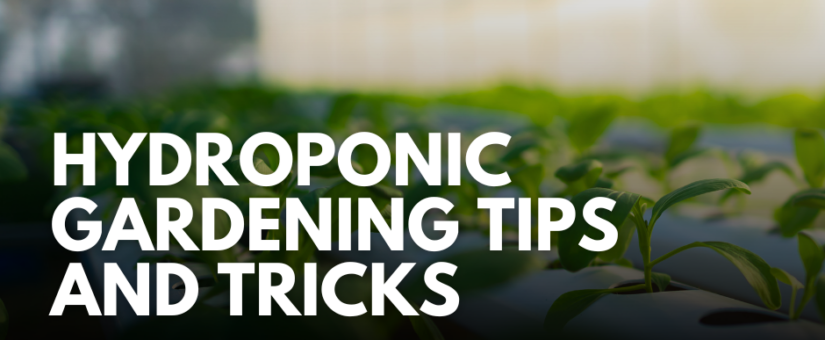
Hydroponic Gardening Tips and Tricks
From beginner to expert: simple steps to becoming a hydroponic pro!
Do you want your hydroponic garden to get off to the best possible start? Look no further! Follow these simple hydroponic gardening tips, and with a little knowledge and patience, you’ll be a hydroponic pro in no time…
Hydroponic Gardening Tip #1: Get the Lighting Right
Of course, light is incredibly important to plant health and growth. If you can’t grow your hydroponic plants in natural sunlight, then you’re going to need artificial lighting. When it comes to lighting, aim for 40 to 70 watts-per-square-foot. High-pressure sodium or metal halide lights are some of the best options, but LED lights are also gaining in popularity. If you want to make things really easy for yourself, opt for a hydroponic light starter kit, as this ensures that the ballast will match the bulb wattage.
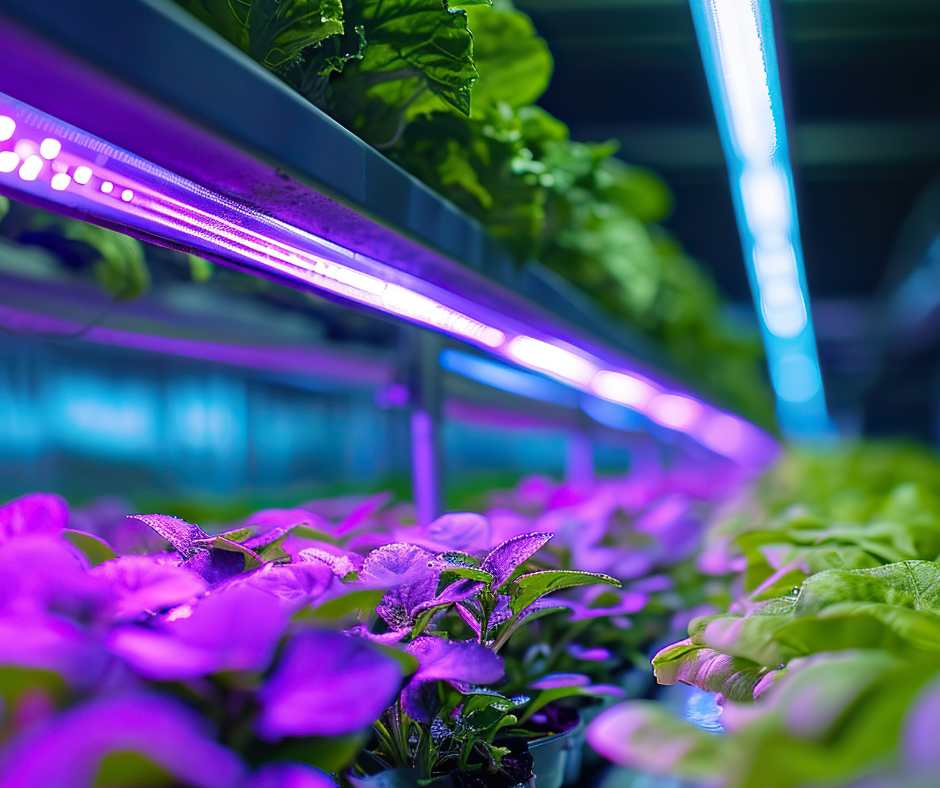
Lighting for Hydroponic Plants
Hydroponic Gardening Tip #2: Get the Watering Right
Always check that your watering system and pump are working well before you start growing and monitor it throughout your grow cycle. It’s wise to be vigilant with your watering schedule, but try not to overthink it, as it can be perfected as you go along. Simply put, water your plants for long enough to get the roots wet, but not so long that they drown. Also, watch the leaves of your plants before and after each watering. If your plants appear to perk up after watering, you may need to water more often; but if they appear to wilt after a watering, you may need to water less often. You’ll quickly learn through observation
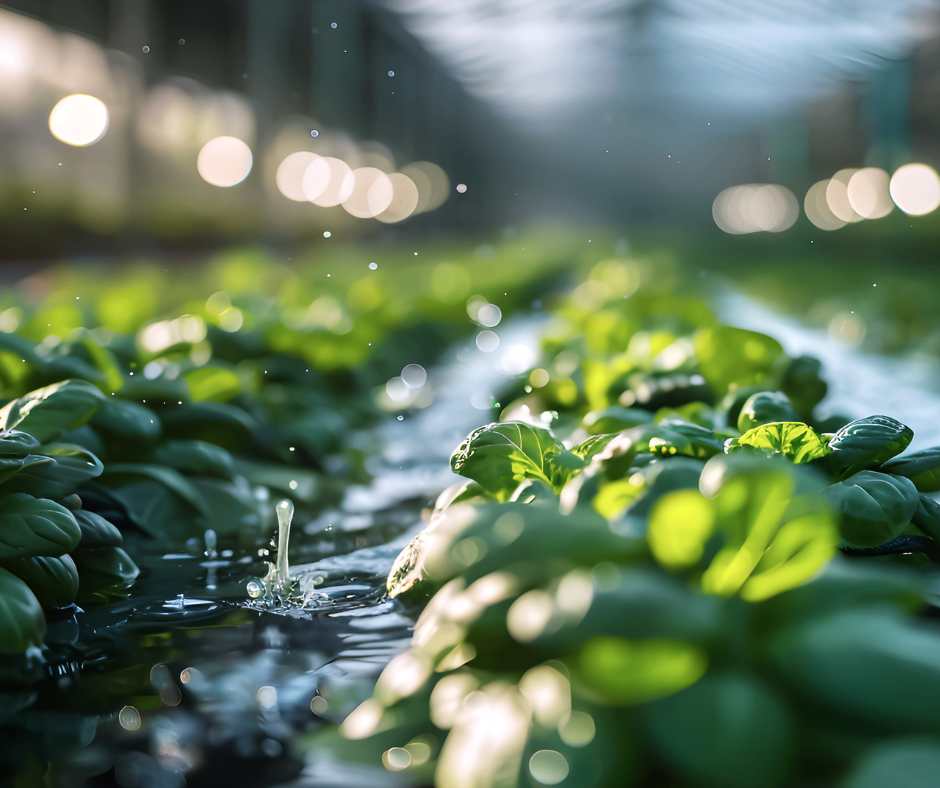
Freshly Watered Hydroponic Plant
Hydroponic Gardening Tip #3: Get the Right Nutrients
Do some research into the nutritional requirements of the kind of plants you’re growing before you start and put a plan together that will help you keep track of how strong the nutrients should be each week. Always use professional hydroponic nutrients and follow the feeding schedule provided by the nutrient company. This will help you to control the EC/ppm and pH of the nutrient solution you’re using. Check your nutrient reservoir every day and keep the temperature between 18 and 24 degrees. Refresh the water and the nutrients as frequently as required. An easy way to do this is to have two nutrient reservoirs—one with nutrient solution for your hydroponic garden and one with plain water for your next solution change. This gives the water a chance to de-chlorinate and come to room temperature, which will protect your plant’s delicate roots.
Hydroponic Gardening Tip #4: Keep an Eye on the Roots
Healthy roots mean healthy plants, and the best way to keep your plants healthy is to control your watering schedule, maintain your nutrient solution properly and minimize the amount of light that comes into contact with your nutrient solution to prevent algae-growth. And never forget: if you are transplanting from soil, make sure that you gently remove all of the soil from around the roots and wash them in clean, potable water. Leaving soil on the roots can lead to root rot. Always have a fresh nutrient mix that includes HYGROZYME and beneficial microbes on hand for preventative plant maintenance, in case you encounter any root rot issues.
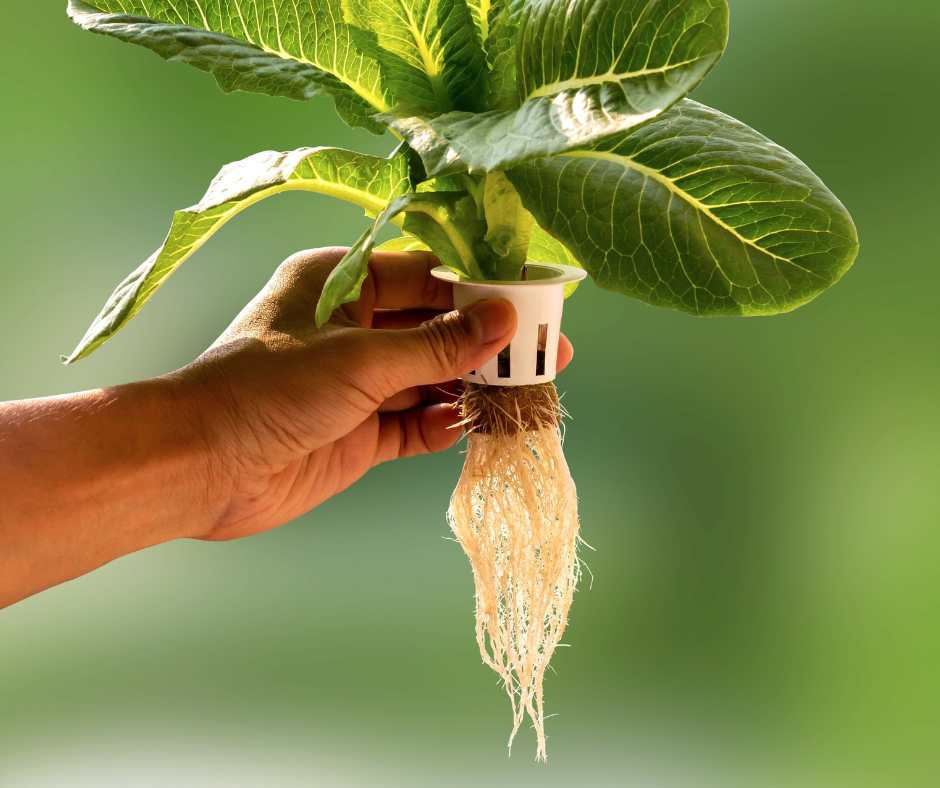
Plant Roots in a Deep-water Culture Hydroponic System
Hydroponic Gardening Tip #5: Prune like your Life Depends Upon it
As you grow, it’s always a good idea to keep a close eye on your plants and system. Any time you see a stem or leaf that’s rotting—don’t hesitate—snip it off as soon as you see it. Anything that’s stealing valuable energy and nutrients from the rest of a healthy plant could be slowly killing your hydroponic system, and lead to larger problems in the long run. Pruning like your life depends upon it also ensures a bigger yield come harvest time.
Hydroponic Gardening Tip #6: Keep Notes
As each hydroponic plant and each type of hydroponic system has different needs, a lot of successful hydroponic gardening will come down to good-old-fashioned trial and error. Give yourself a head start and keep a grower’s journal. Take note of any changes you make to your nutrients, watering, and lighting set-up—and the result they have on your plants and system. These notes will prove to be a powerful tool when it comes to fine-tuning your hydroponic system for future grow cycles. Keeping these invaluable notes will serve you—and your hydroponic garden—extremely well in the future.
- On April 23, 2024

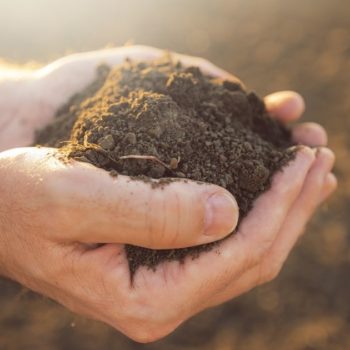
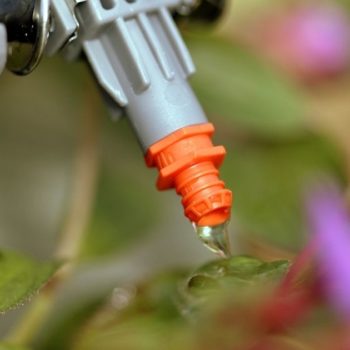
0 Comments